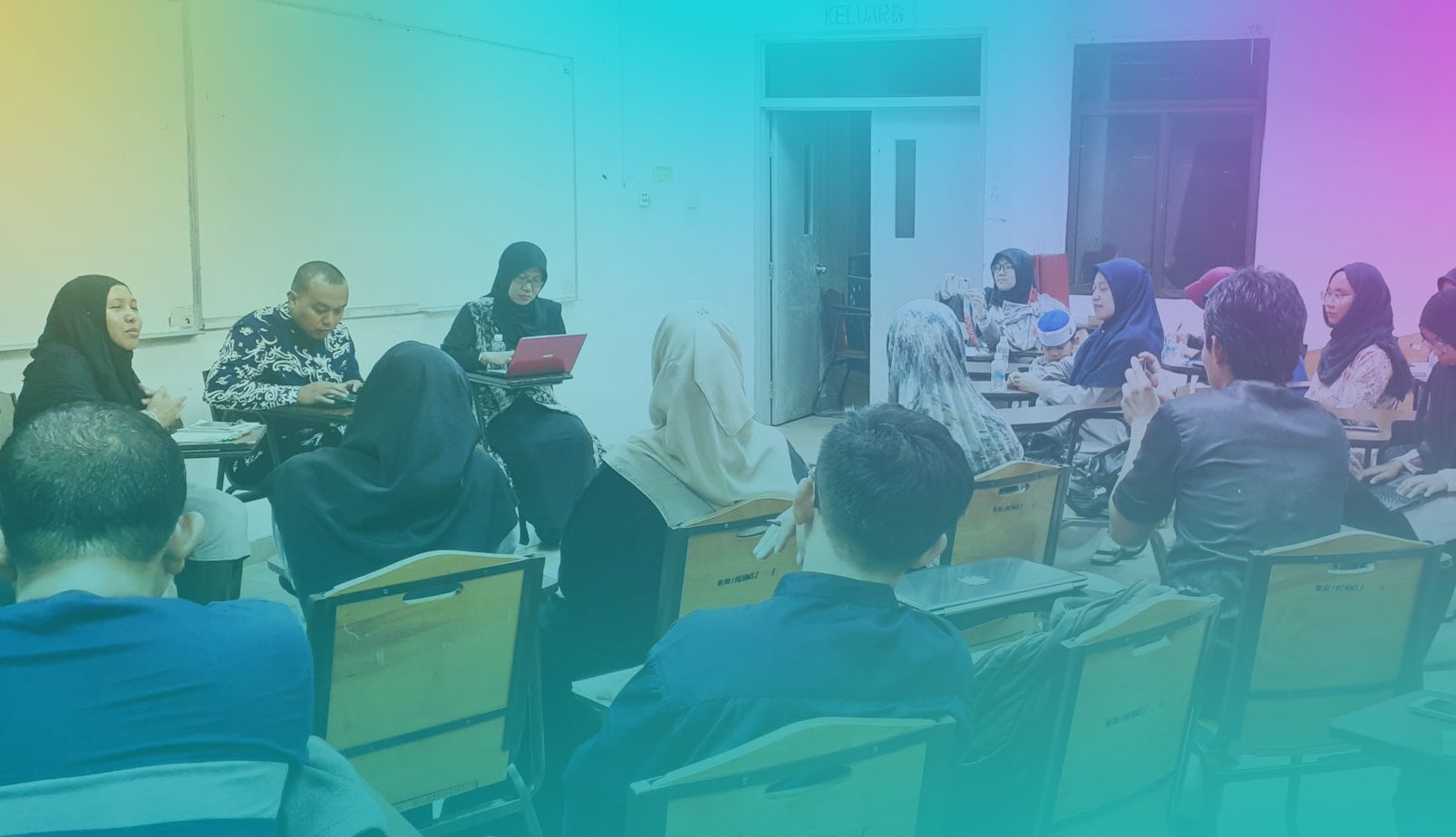Cash Waqf and Islamic Microfinance Institutions: Business Models in Indonesia
Oleh wacids, Dibuat tanggal 2021-02-11

Cash Waqf and Islamic Microfinance Institutions: Business Models in Indonesia
Ascarya, Raditya Sukmana and Siti Rahmawati* | April 2017
*Department of Islamic Economic and Finance, Bank Indonesia
Jl. M.H. Thamrin No.2, C Building, 3rd fl., Jakarta 10350, Indonesia
Email: [email protected]; Phone: +6221.2981.7345; Fax: +6221.231.1128
Recently, there has been a growing concern on the Islamic microfinance Institution (Baitul Maal wat Tamwil-BMT-Islamci cooperative) in empowering the micro and small enterprises in Indonesia. Financial inclusivity, human resources capabilities and collaterals are some of the issues which gain attention by many. Unlike banks with requirement complexities, Islamic microfinance Insitutions provide flexibility and humanistic approach in giving financing. However, among the problem within BMT is on the liquidity issues. Relying the members fees contribution will not adequate to cover the huge number of financing demand. Innovation of cash waqf is a one way to solve the problem. This paper attempts to empirically describe and critically analyze the various models of BMT which utilizes the cash waqf for their liquidity purposes. Based on the in depth-interview with BMT practitioners, finding shows that there are four classifications or model in utilizing cash waqf within BMT and each has different feature. This study gains important to other Islamic Microfinance Institutions which keen to adopt cash waqf. Moreover, result of this study will certainly be important in developing waqf performance for the regulator.
JEL Classification: D60, G210
Keywords: Waqf, Cash Waqf, Cash Waqf Model, Baitul Maal wat Tamwil